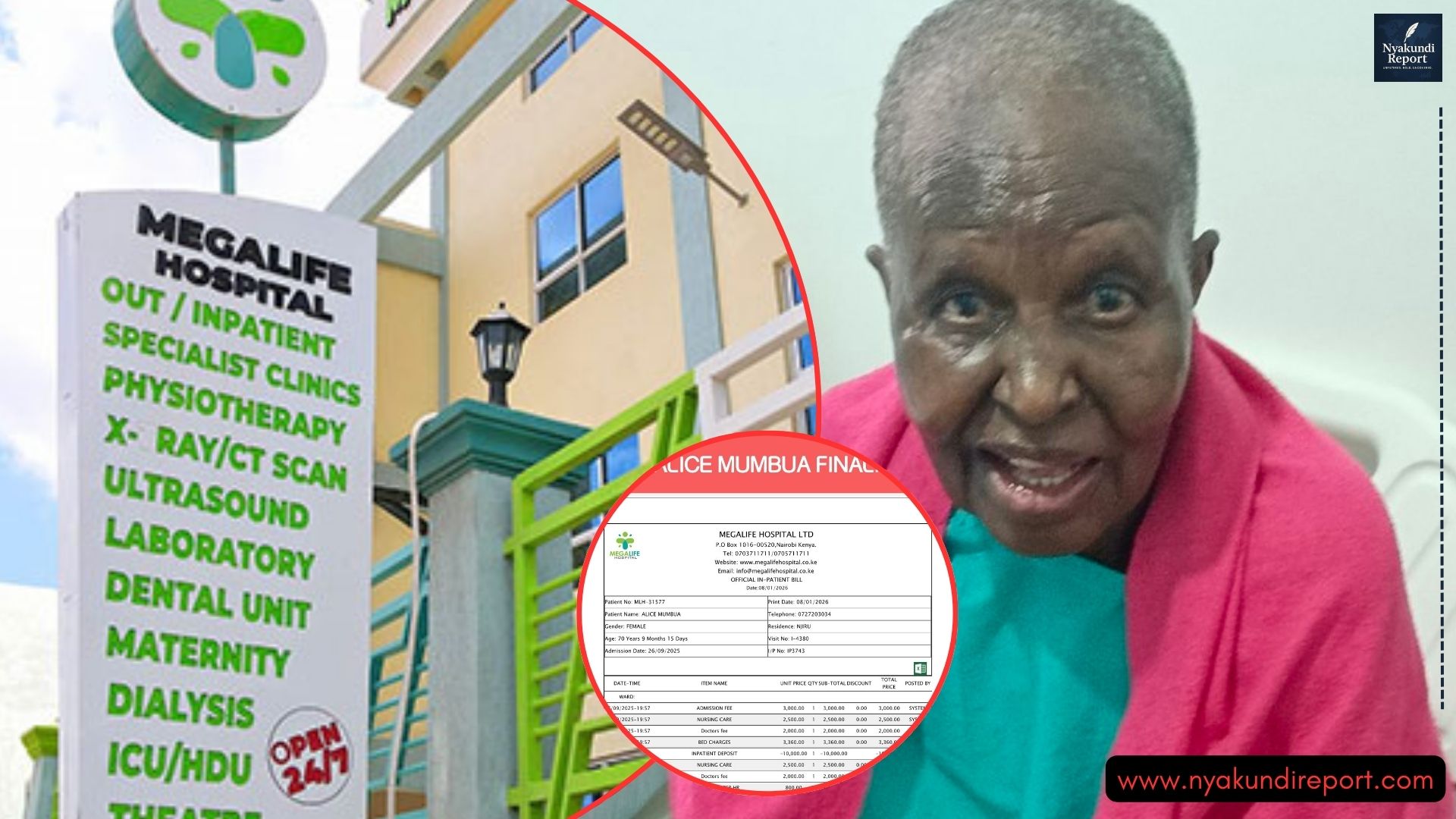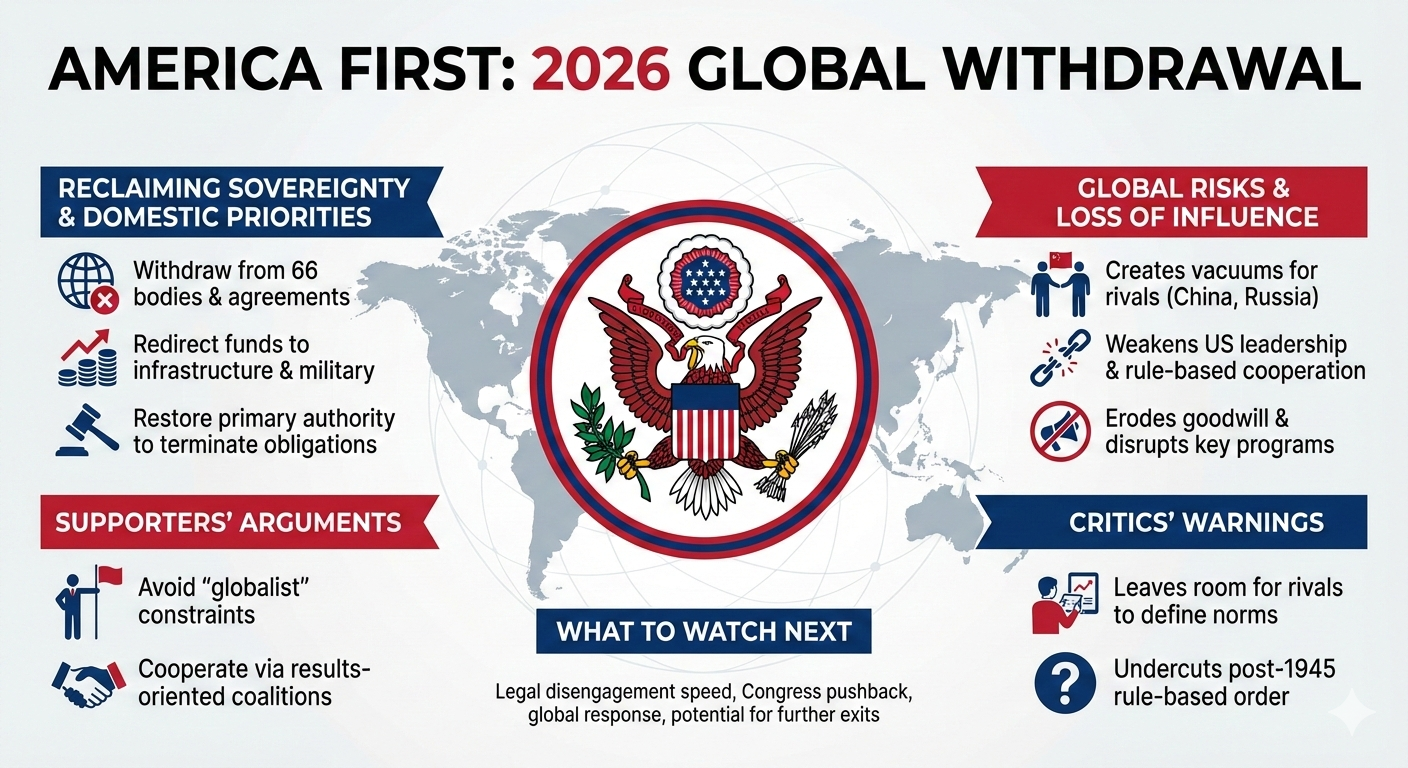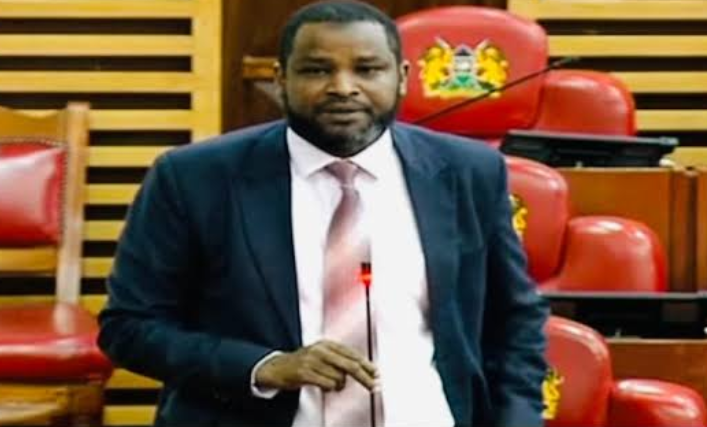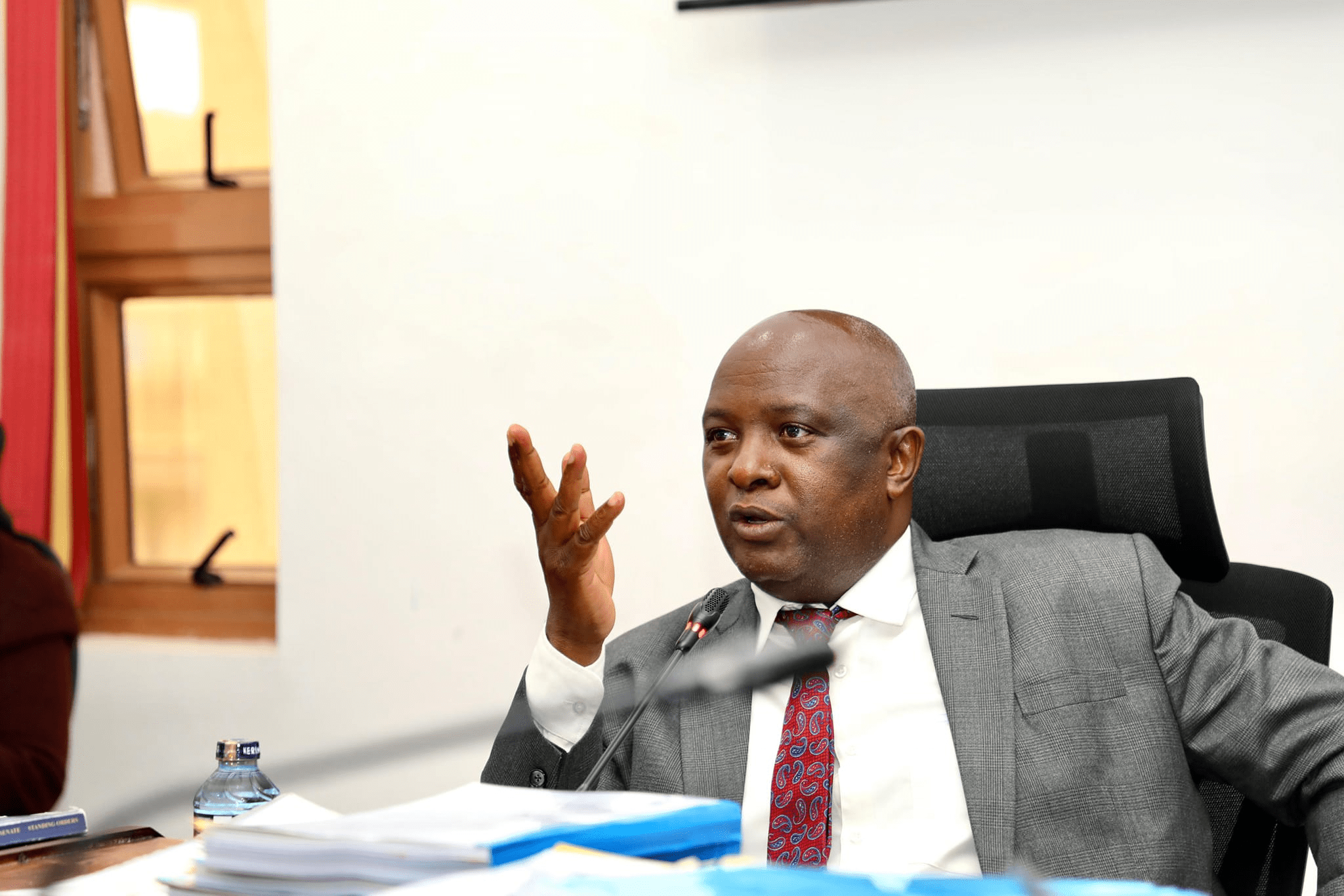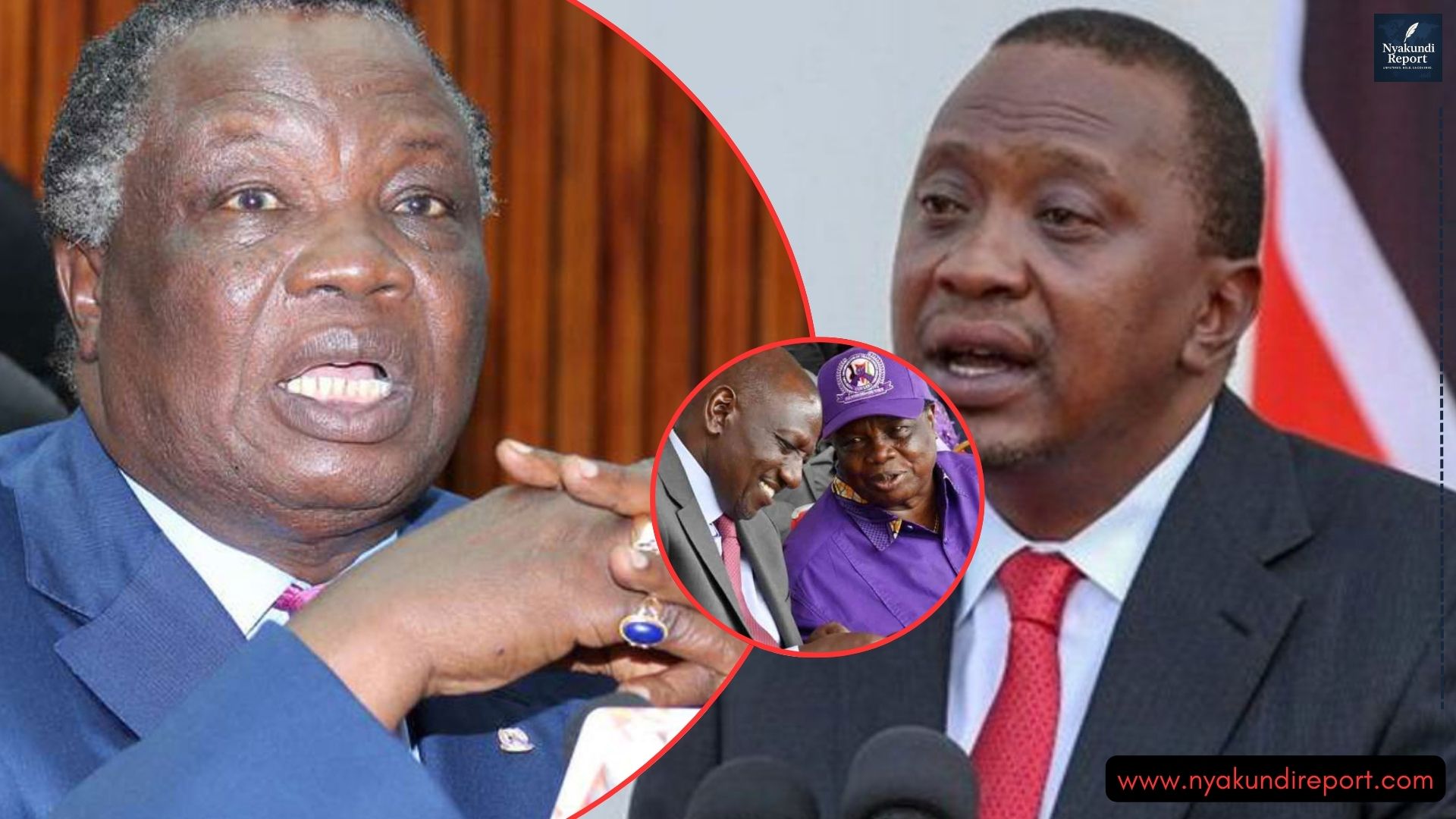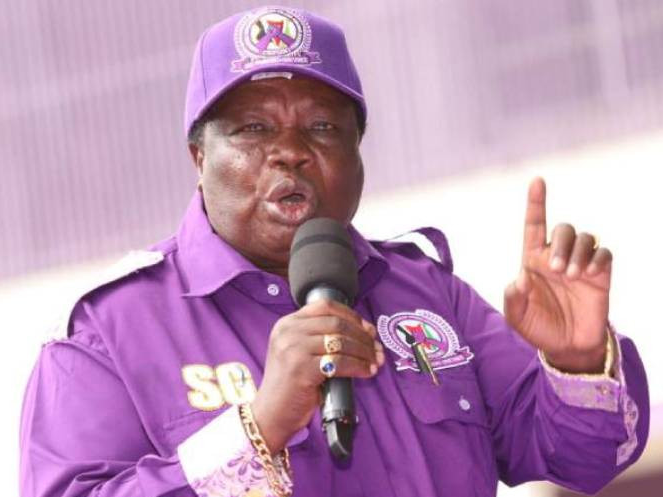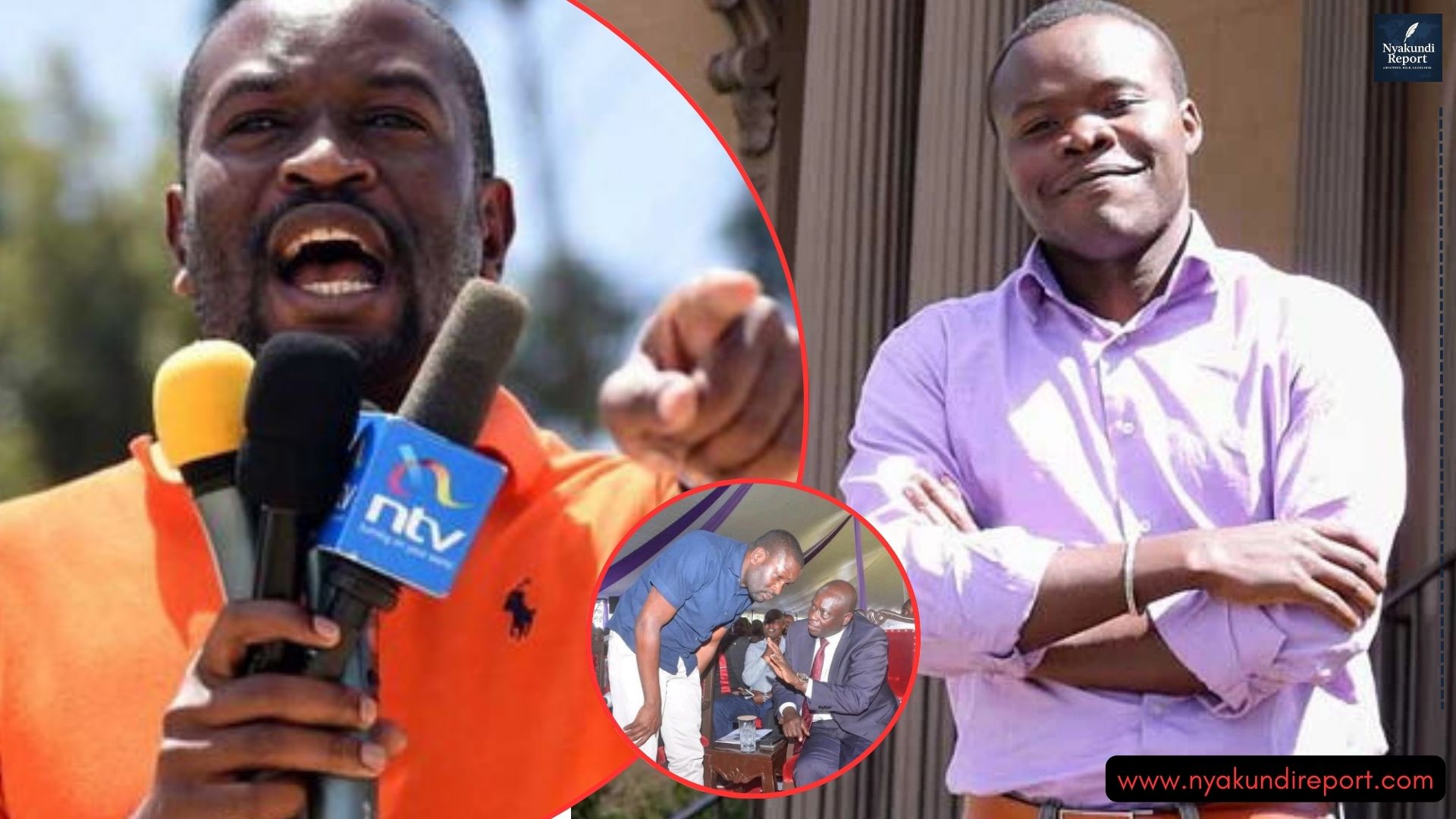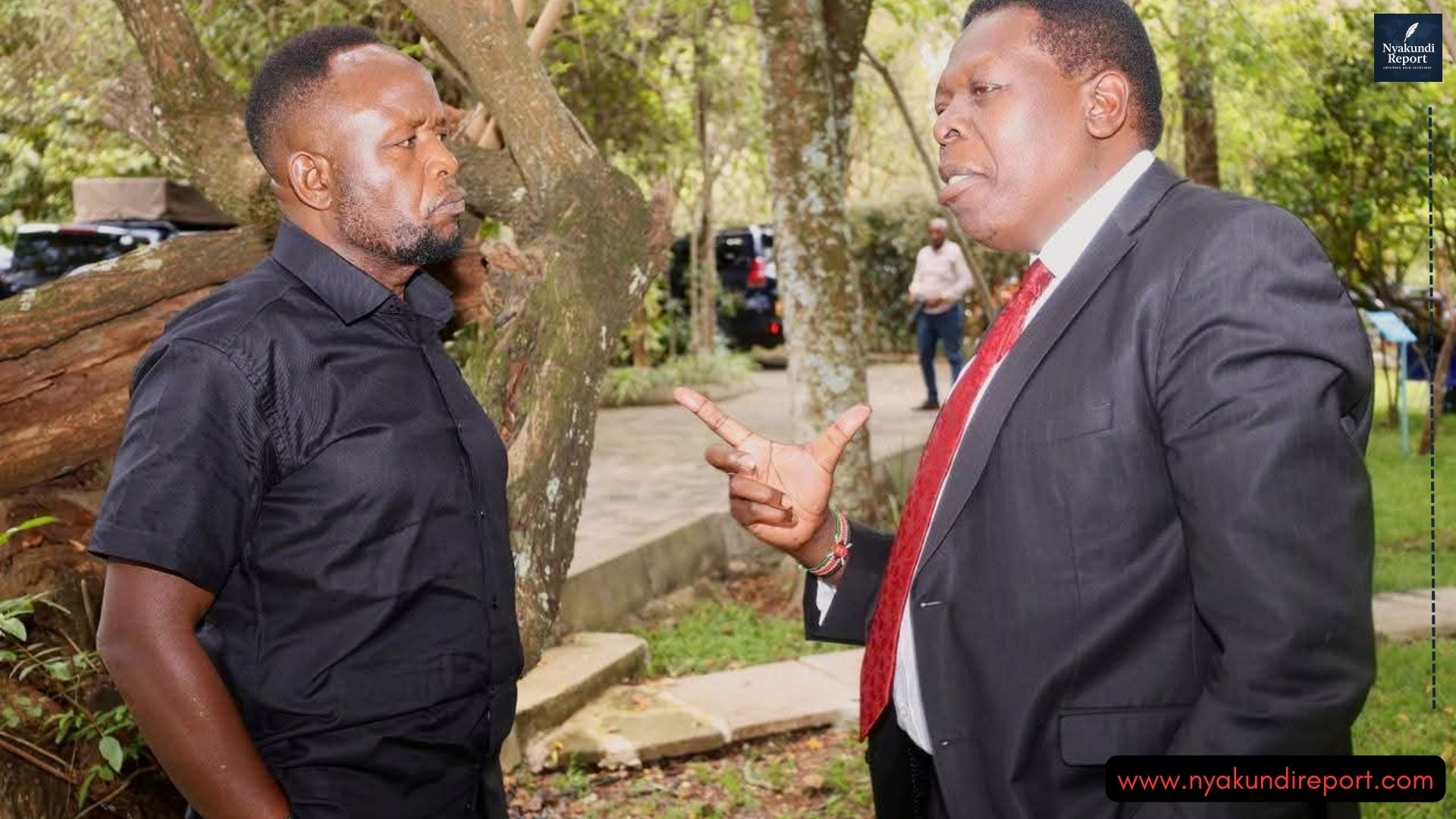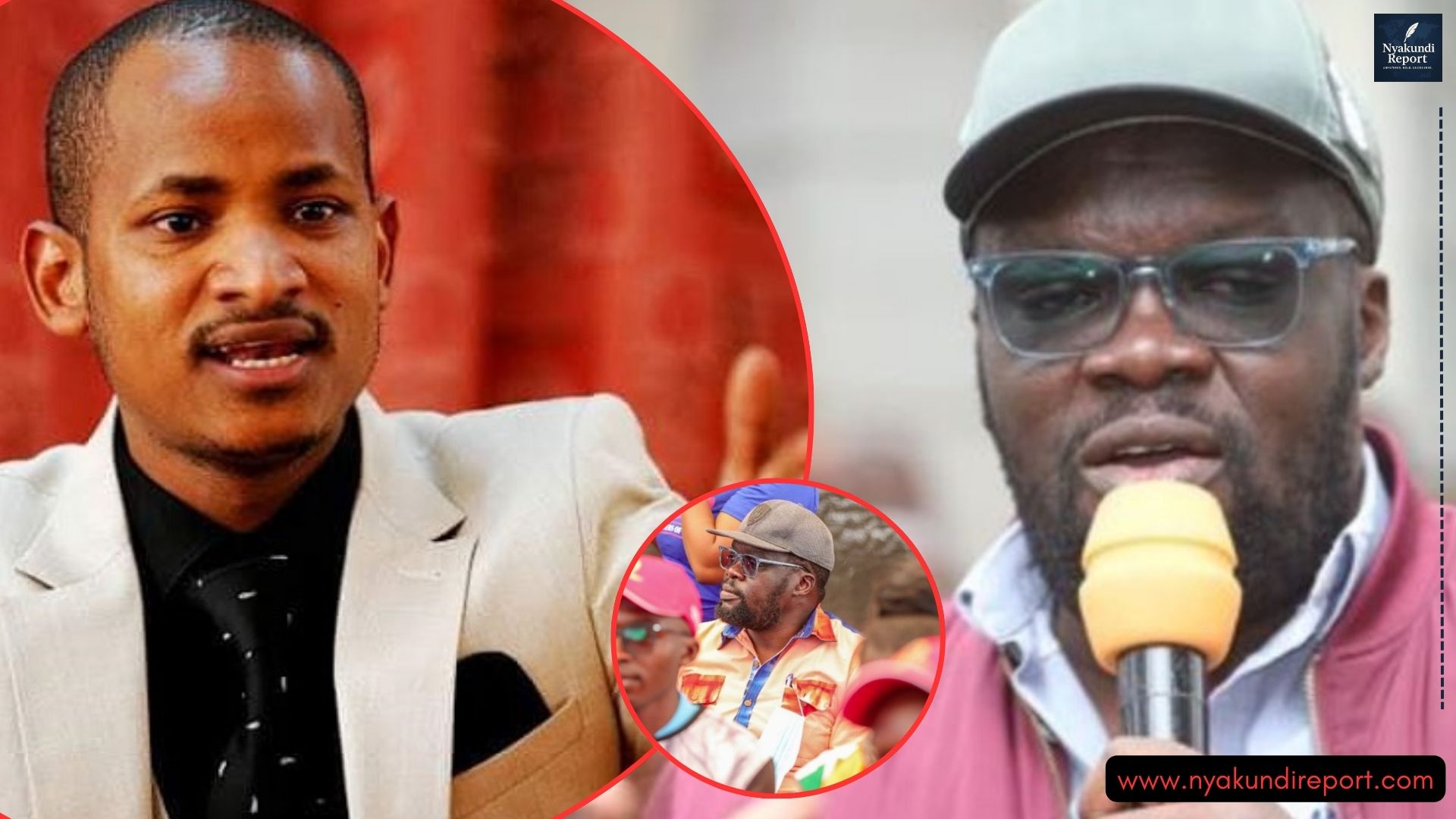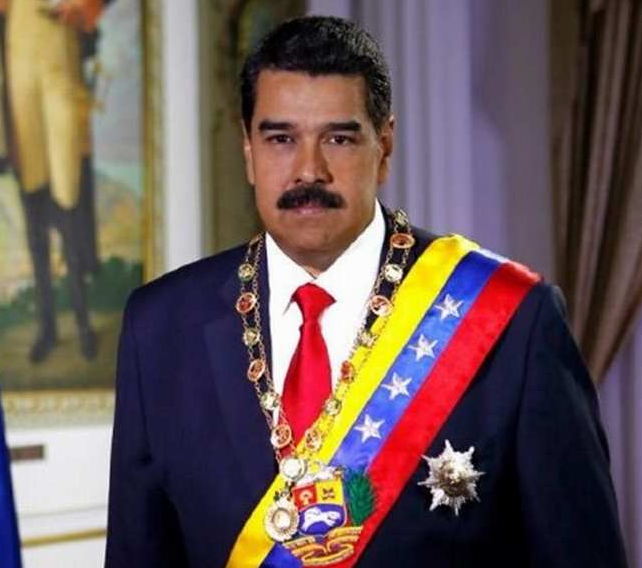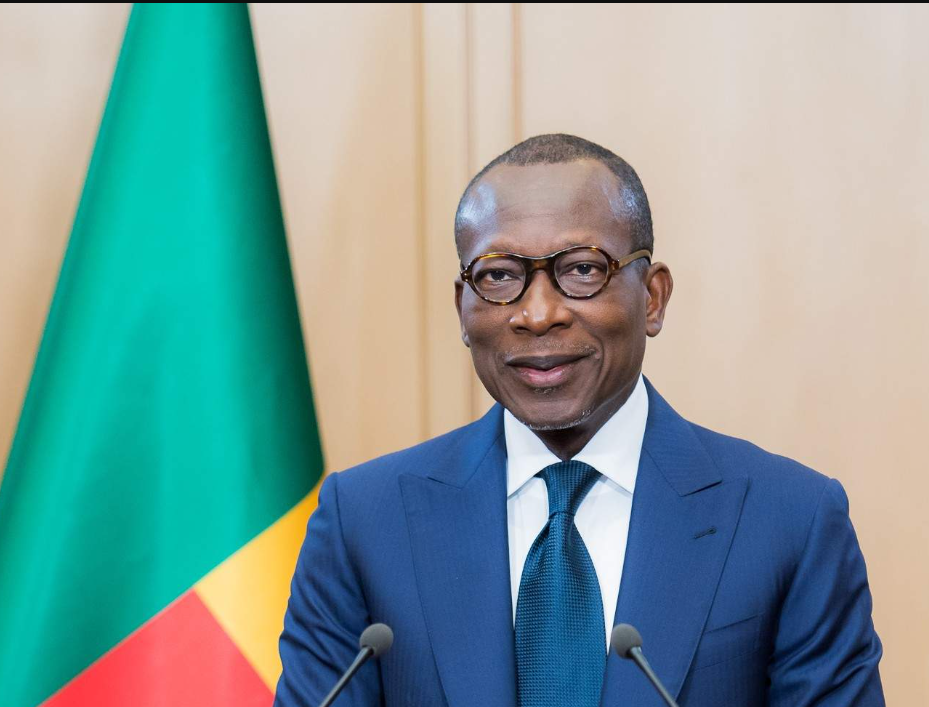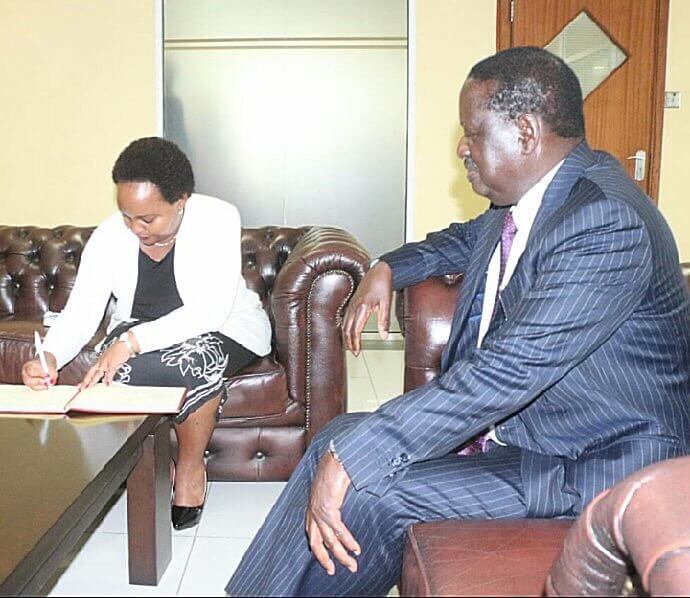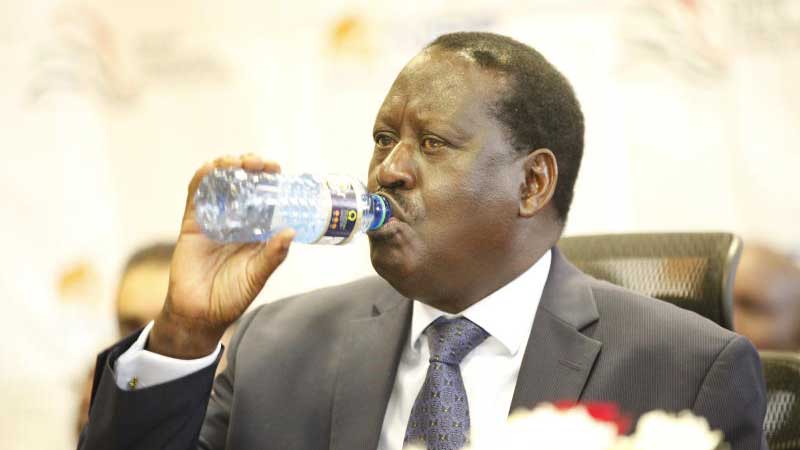National Assembly Speaker Moses Wetang’ula has issued a firm warning to the Judiciary over what he termed as interference in Parliament’s constitutional mandate to vet the new Independent Electoral and Boundaries Commission (IEBC) nominees.
His strong remarks came on Thursday, May 29, following a High Court decision to lift a temporary suspension on the vetting process.
Speaking from the floor of the House, Wetang’ula made it clear that the National Assembly would not bow to external pressure. His message was unambiguous—Parliament will carry out its duties, and no court will dictate otherwise.

Wetang’ula IEBC Vetting Clash Puts Judiciary on the Spot
Wetang’ula’s stance on the IEBC vetting process was not just a political gesture—it was a direct challenge to what he views as judicial overreach.
Moments after the High Court lifted a suspension on the vetting process triggered by a petition from two civilians, Wetang’ula wasted no time. He immediately directed the Justice and Legal Affairs Committee (JLAC) to continue with the IEBC vetting without delay.
According to him, Parliament’s independence is grounded in the Constitution, and the House should not be intimidated by court orders. “I direct the committee to proceed without haste and vet the nominees and chairman for IEBC and bring the report to this house,” Wetang’ula told lawmakers, reinforcing Parliament’s autonomy.
Wetang’ula emphasized that once a matter lands before Parliament—whether in committee or plenary—it becomes solely the legislature’s business. No other arm of government, not even the Judiciary, should interfere with it mid-process. Wetang’ula noted that grievances should be taken to court only after Parliament completes its task, not before.
To avoid prolonged legal gridlock, the Speaker revealed he had formally raised the matter with Chief Justice Martha Koome, seeking to prevent similar confrontations in the future. He hinted at a “precedent-setting” ruling that would clearly define the limits of court interventions in parliamentary affairs.
Junet Mohammed Echoes Wetang’ula’s Concerns
Minority Leader Junet Mohammed, speaking during the same session, criticized the Judiciary’s interference in Parliament’s work. He accused the courts of stalling the IEBC process, which in his view, is a deliberate move to weaken Parliament’s authority.
“If you want to inhibit Parliament before they do their work, Parliament will not be able to operate in this country. Going forward, this house will not stop doing its work,” Junet warned.
Wetang’ula supported Junet’s view, stressing that the Judiciary must not paralyze Parliament with preemptive orders. He said that such moves jeopardize the entire system of governance by upsetting the balance of powers between arms of government.

IEBC Nominees to Face JLAC After Court Block Lifted
With the court blockade now cleared, the IEBC vetting process is set to move full steam ahead. Seven nominees are lined up to face the Justice and Legal Affairs Committee.
These include Erastus Edung Ethekon, nominated to chair the IEBC, and six commissioners: Anne Nderitu, Moses Mukwana, Mary Karen Sorobit, Hassan Noor, Francis Odhiambo, and Fahima Abdalla.
Their vetting will be a crucial step in rebuilding the electoral commission, which has been in limbo since the controversial 2022 elections. Wetang’ula’s insistence on Parliament’s right to complete the process without delay signals a readiness by the National Assembly to fulfill its duties amid political and legal tensions.
The Speaker also left the door open for legal challenges—but only after the process is complete. “Any aggrieved party in the Judiciary, Executive or the general public can then go to court to challenge something that we as Parliament will have declared as official,” he said.
Tension Between Judiciary and Parliament Nears Breaking Point
Wetang’ula’s warning reflects deeper friction between the Judiciary and Parliament. The clash over the IEBC vetting is only the latest in a string of legal-political battles that risk undermining public confidence in both institutions.
His remarks are a clear message that Parliament will not accept legal disruption of its processes, especially when acting within its constitutional bounds. The Judiciary, on the other hand, is constitutionally mandated to interpret the law and ensure checks and balances.
If the two arms cannot find a respectful middle ground, the deadlock could cripple key national functions, such as elections and legislative appointments. Wetang’ula’s decision to seek formal communication with the Chief Justice is a step toward avoiding further crisis, but the risk remains.

